Jordan Bates • • 4 min read
This Comic Will Make You Wonder What “You” Even Means
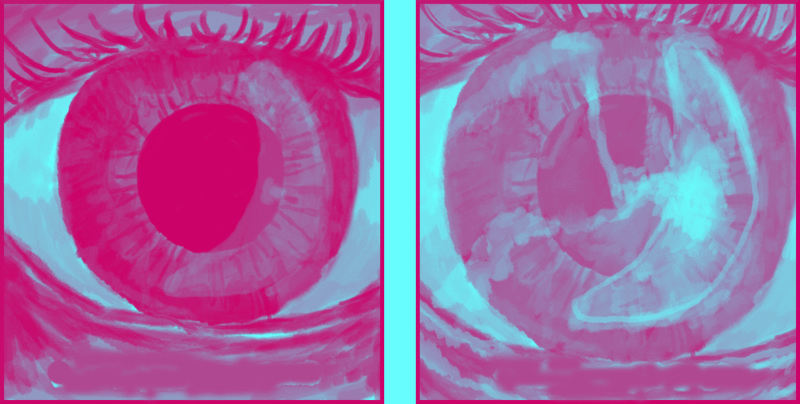
‘The Machine’ by Existential Comics
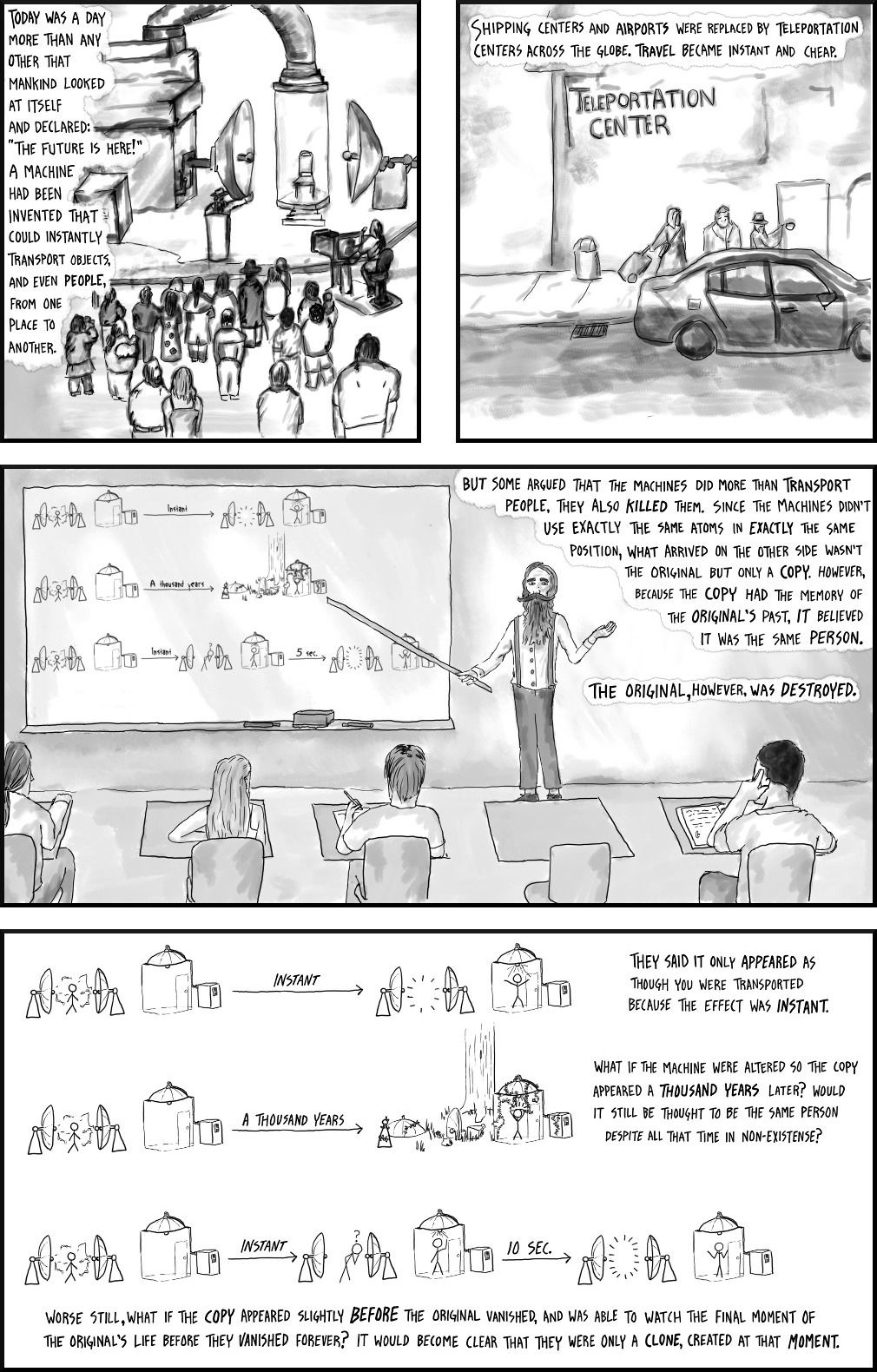
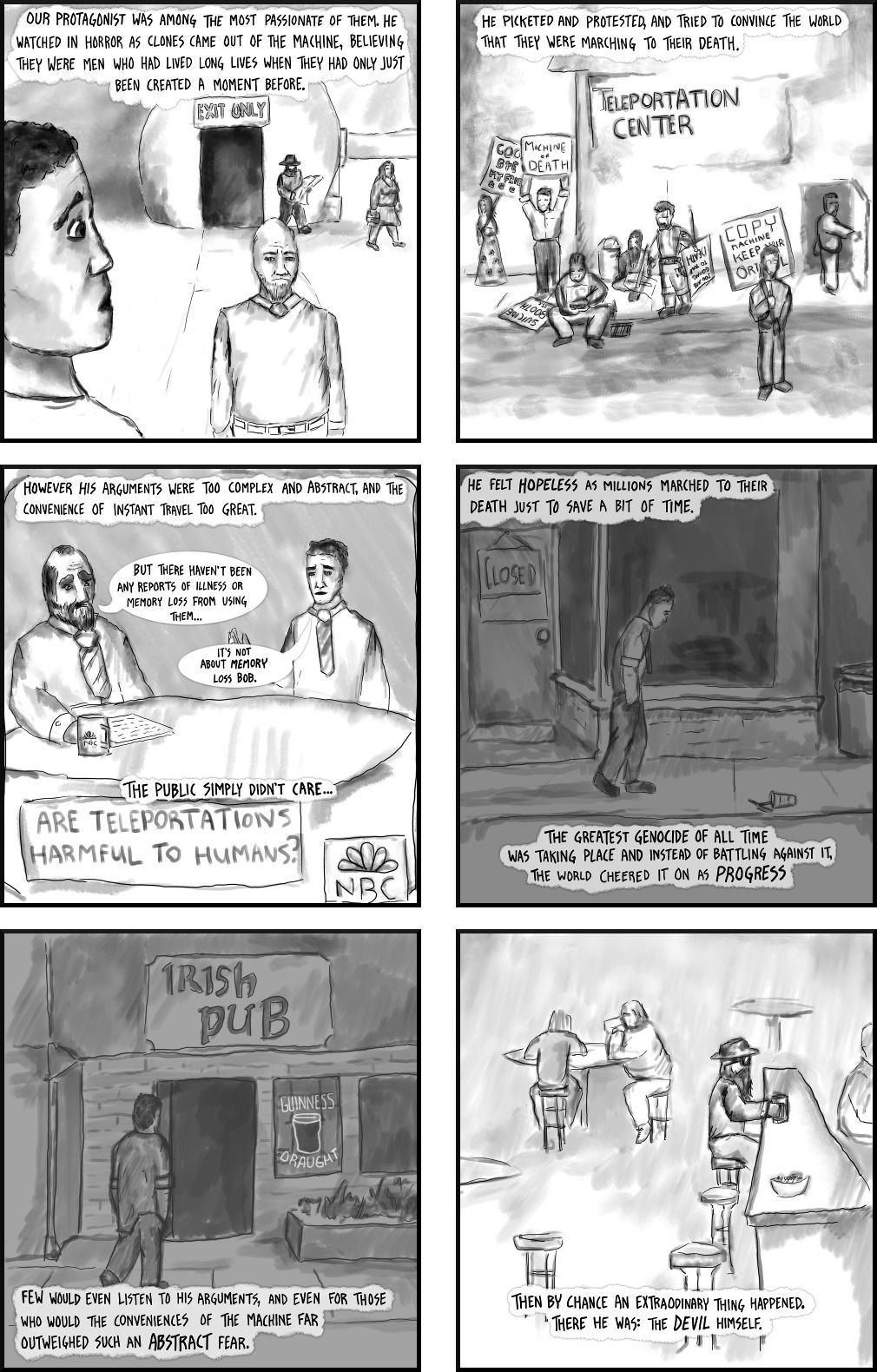
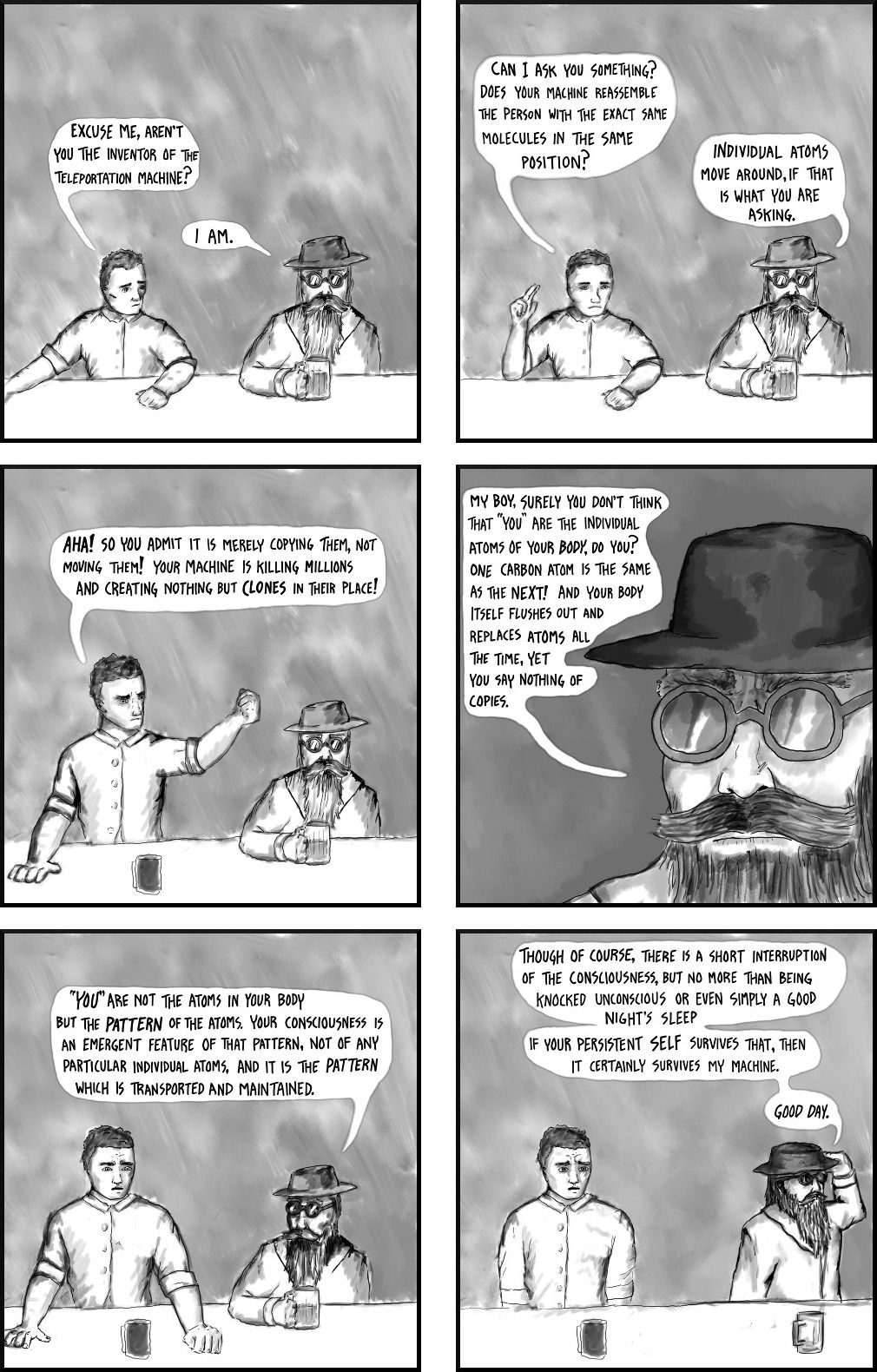
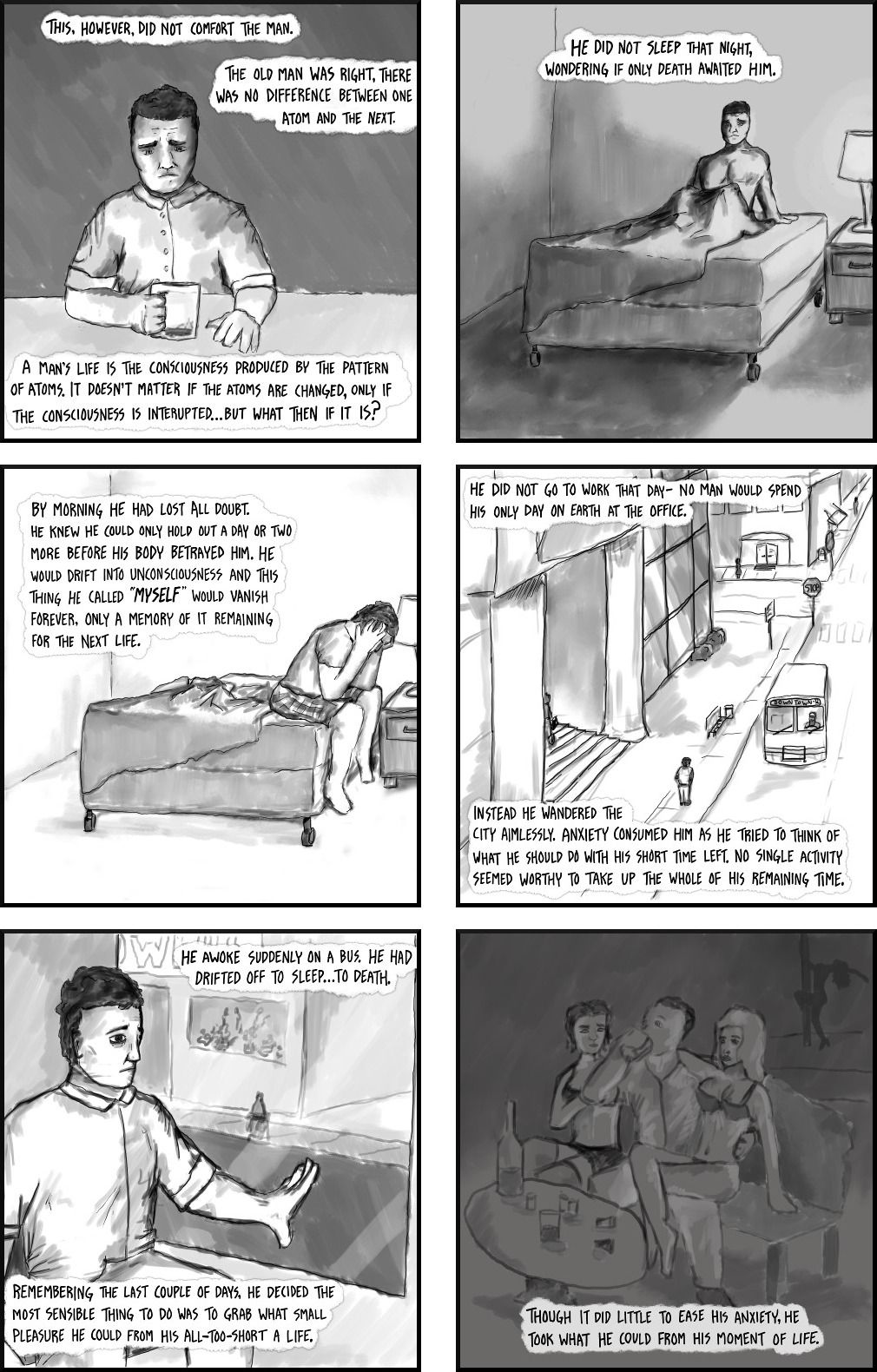
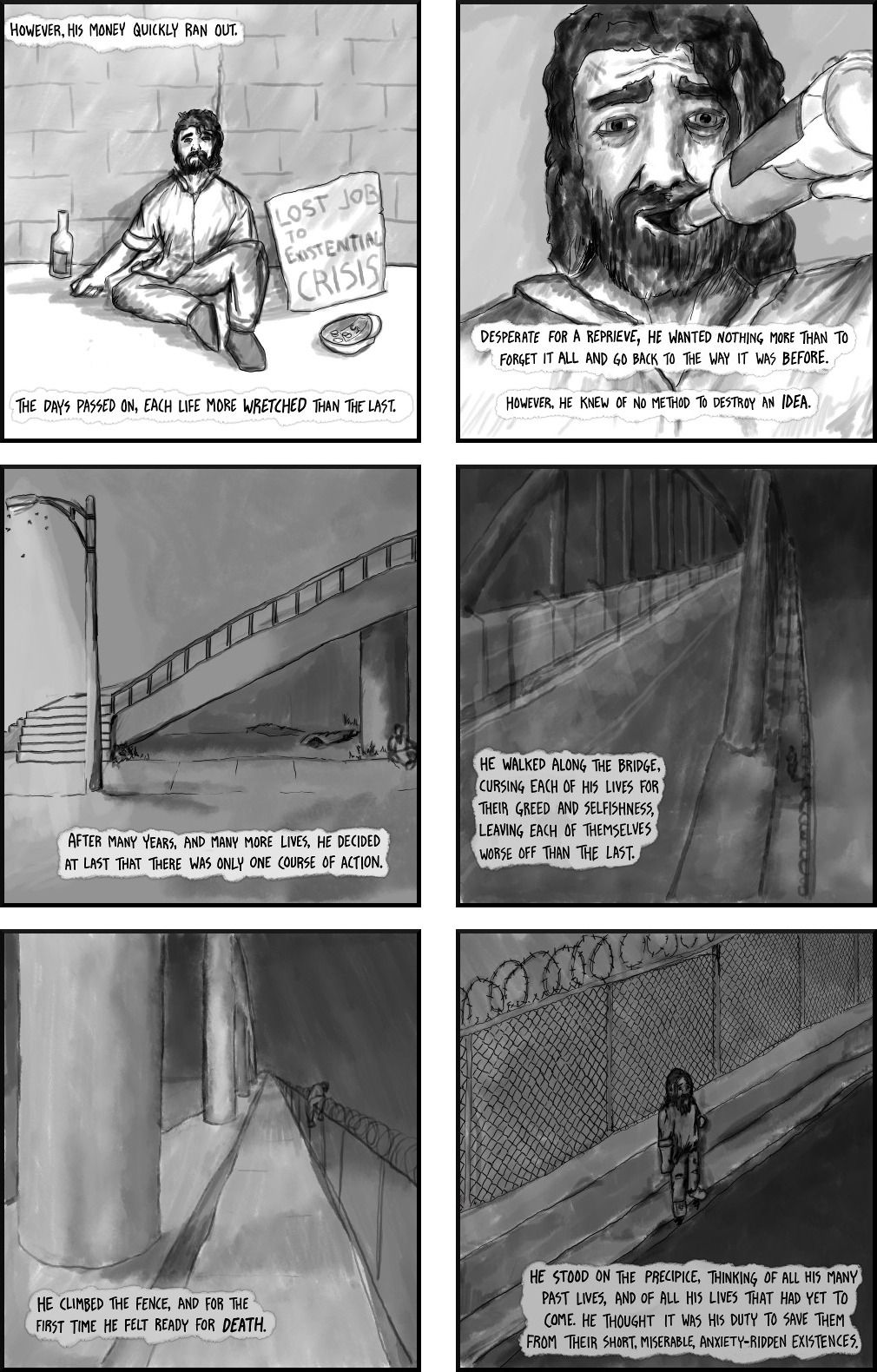
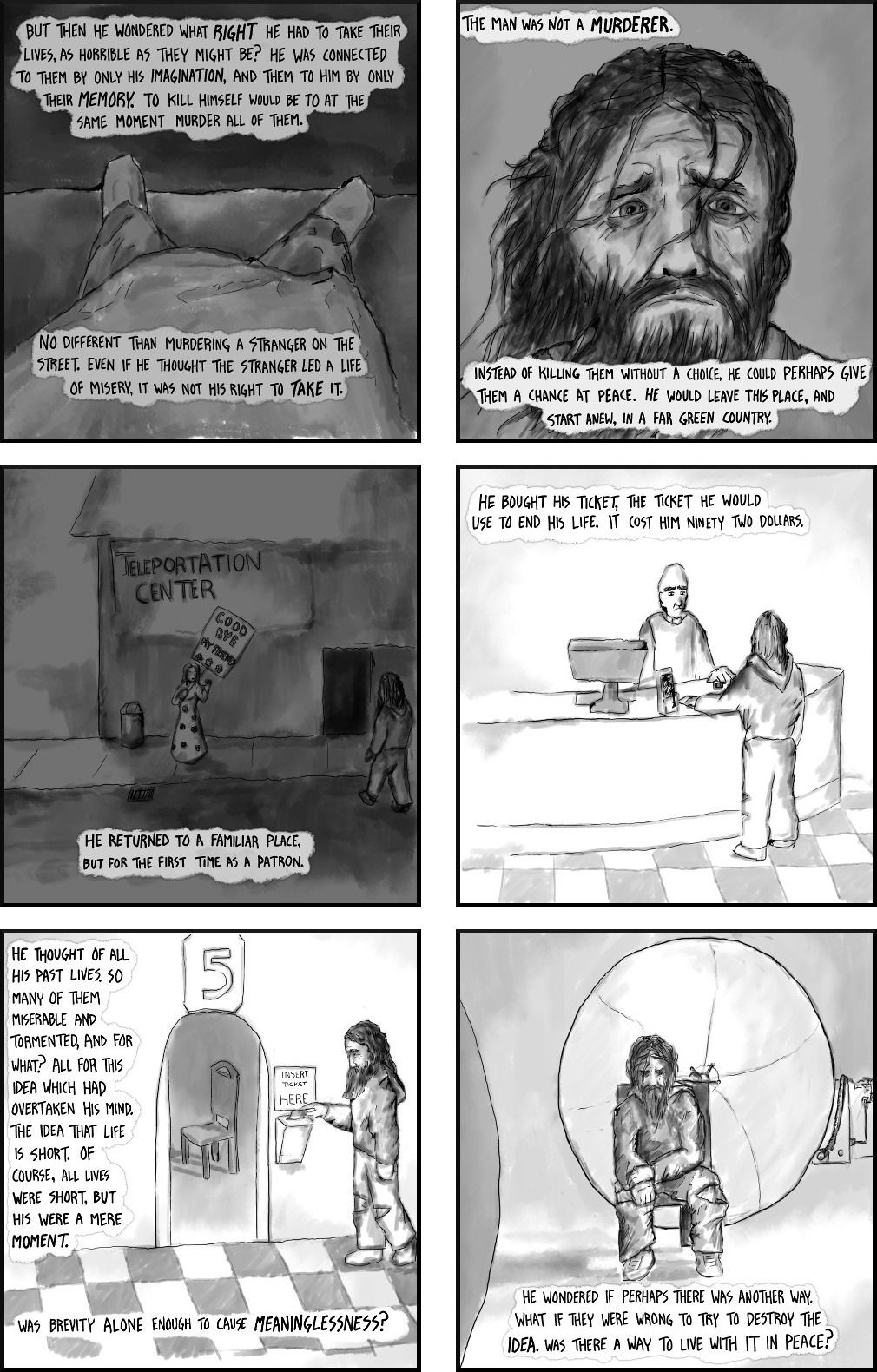
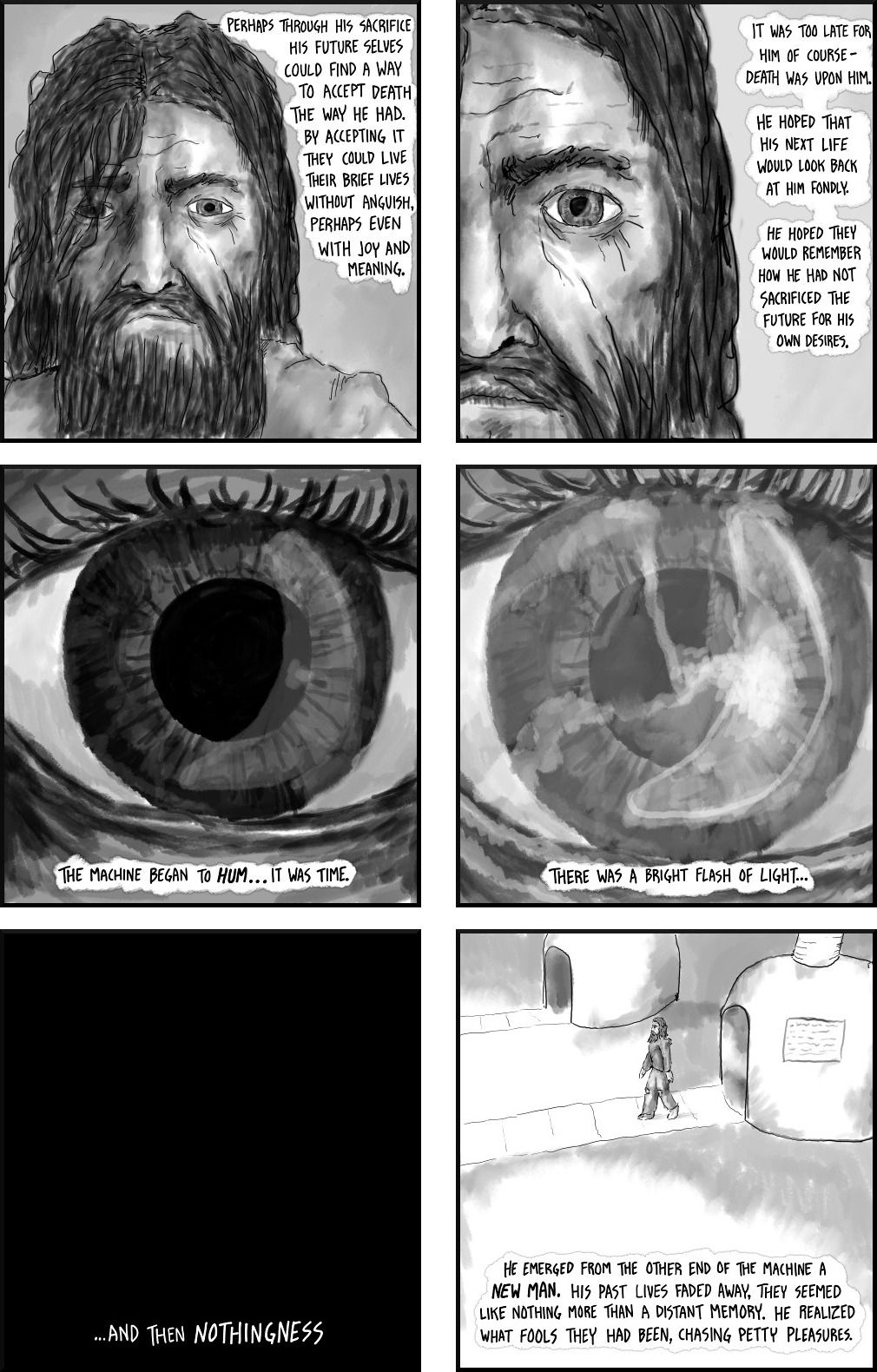
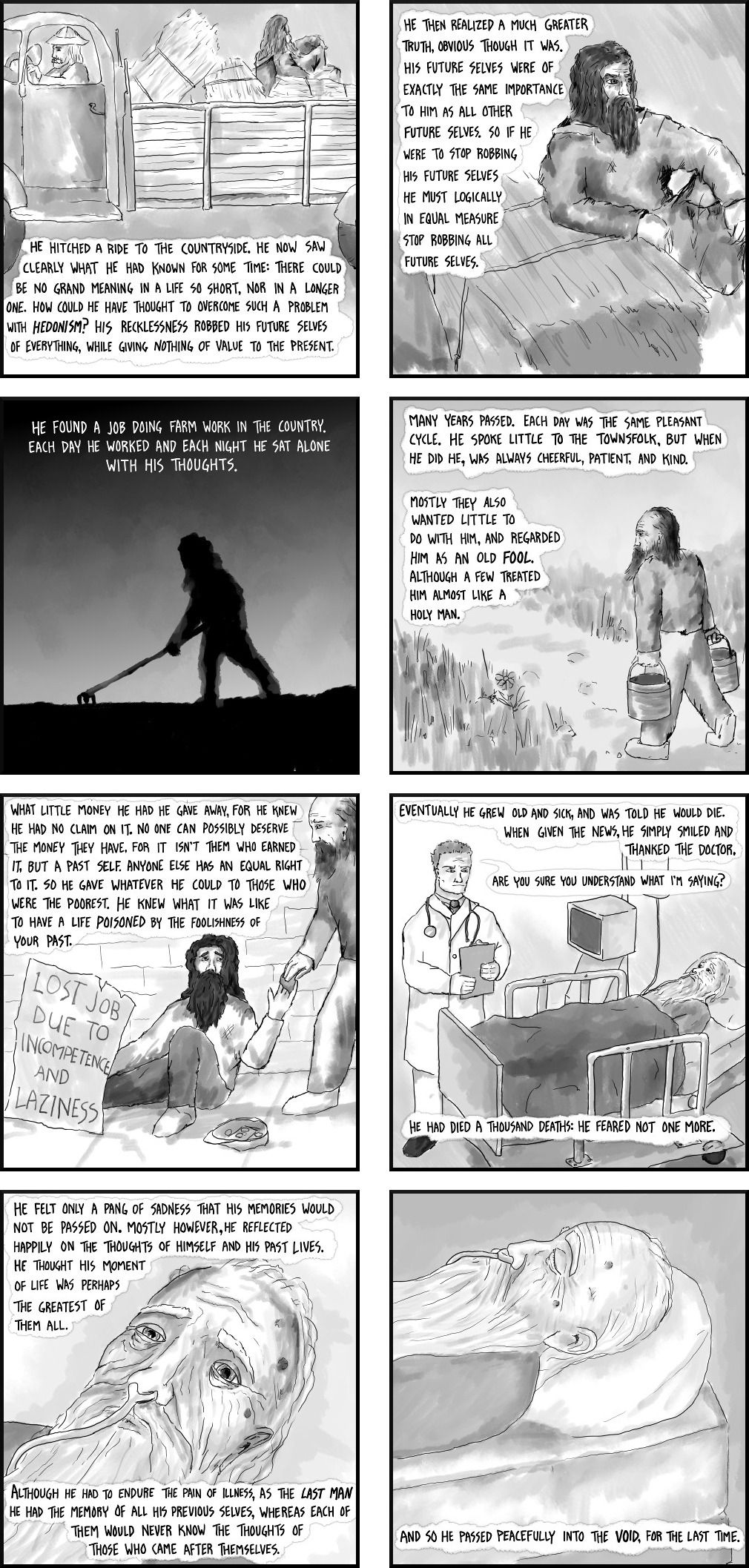
What Does This Comic Mean, Man?
This comic explores the philosophical problem of personal identity. The question of “what makes me me?” seems straightforward enough, but upon investigation, one finds (perhaps surprisingly) that the issues are quite complex, and that little consensus exists as to what makes a person a person, what it takes for a person to persist in time, etc.
Philosophers have been debating this issue for centuries, and as with so many things into which one digs deeply, there don’t appear to be easy or absolute answers. For a great survey of the history of thought surrounding questions of personal identity, I highly recommend the Stanford Encyclopedia of Philosophy’s article on the topic.
The comic above captures perfectly the philosophical conundrum of being unsure of how to define oneself and raises the stakes to the level of absurdity by featuring a protagonist who decides that he is comprised of countless selves, and that each successive self dies each night when he goes to sleep. Eventually, the comic transitions fairly smoothly from considerations of personal identity to considerations of how best to derive a sense of meaning from life.
After entering the teleportation machine to begin a new life, the protagonist decides that “there could be no grand meaning in a life so short, nor in a longer one.” After declaring life to be void of any essential or overarching meaning, the man rebukes his past selves for living lives of pure hedonism, asserting that the problem of meaninglessness could not be overcome by such an approach.
Thereafter, in a quintessentially existentialist transformation, the man creates his own meaning—i.e. wills his own values and finds his own meaning in the details of his daily life. Consistent work, kindness, and philanthropy become the cornerstones of his existence. And on his deathbed, despite (we assume) still feeling that life has no grand meaning, the man reflects fondly on his memories and feels contented, grateful for the life he has led. Despite seeing life as void of absolute meaning, the man finds a “truth which is truth for [him],” as Kierkegaard put it:
“… the crucial thing is to find a truth which is truth for me, to find the idea for which I am willing to live and die.”
Why I Love Existential Comics
To my knowledge, this was the first comic ever published online by Corey Mohler of Existential Comics (my favorite webcomic). As I’ve written elsewhere:
For quite some time now I’ve been enjoying and sharing Existential Comics, a webcomic about existentialism and other areas of philosophy. For me, Existential Comics embodies the enormous potential for entertainment and education to meld seamlessly on the Internet.
Corey Mohler, the dude behind Existential Comics, successfully takes arcane philosophical ideas and elucidates them clearly and humorously via the medium of the webcomic. This is the sort of innovative educational idea that has the potential to appeal to attention-fractured youth and to further distinguish learning from the super-serious, one-size-fits-all stuff that most of us did in school. Education can be play, after all.
Books on These Topics
If you’re interested in further considering the issue of personal identity, I highly recommend Alan Watts’ The Book: On the Taboo Against Knowing Who You Are, which offers a brilliant perspective on the topic. If you’re interested in further considering existentialism and the idea that we create our own meaning in life, I recommend Man’s Search for Meaning by Viktor Frankl, which considers the author’s experiences in a concentration camp during the Holocaust and is probably the most accessible introduction to existentialism I’ve come across.
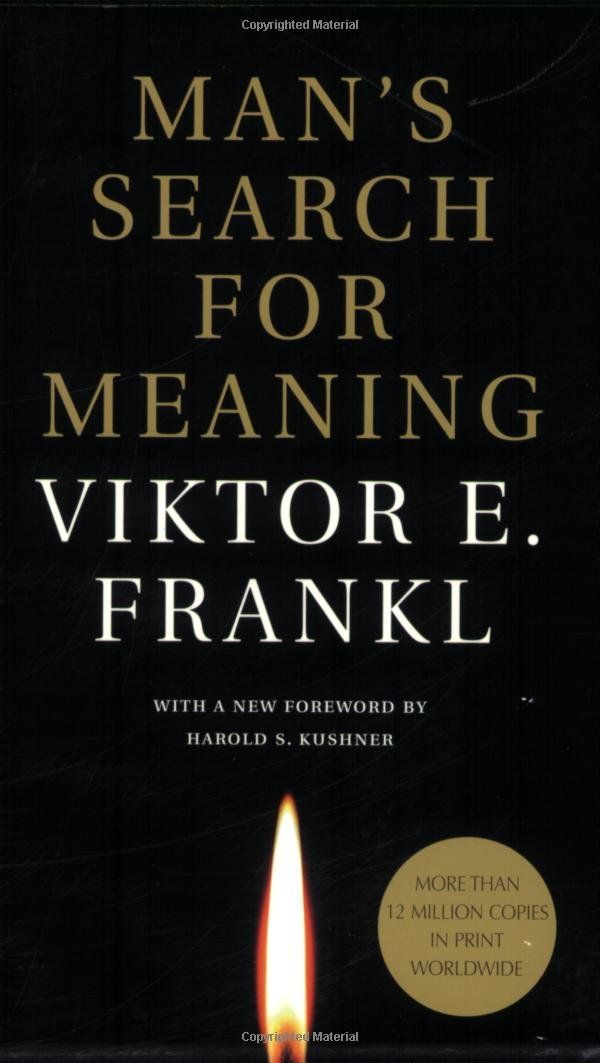

Jordan Bates
Jordan Bates is a lover of God, father, leadership coach, heart healer, writer, artist, and long-time co-creator of HighExistence. — www.jordanbates.life



![Seneca’s Groundless Fears: 11 Stoic Principles for Overcoming Panic [Video]](/content/images/size/w600/wp-content/uploads/2020/04/seneca.png)







